JAJS016Q August 2003 – September 2024 TPS732
PRODUCTION DATA
- 1
- 1 特長
- 2 アプリケーション
- 3 概要
- 4 Pin Configuration and Functions
- 5 Specifications
- 6 Detailed Description
- 7 Application and Implementation
- 8 Device and Documentation Support
- 9 Revision History
- 10Mechanical, Packaging, and Orderable Information
7.2.3 Application Curves

| Legacy silicon |
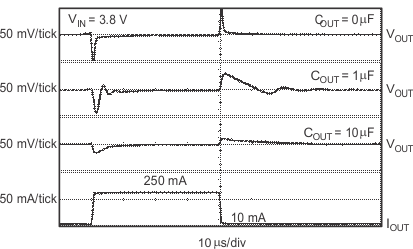
| Legacy silicon |

| Legacy silicon |
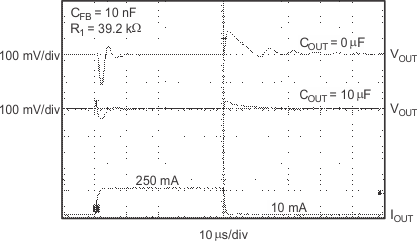
| Legacy silicon |

| New silicon, M3 suffix |
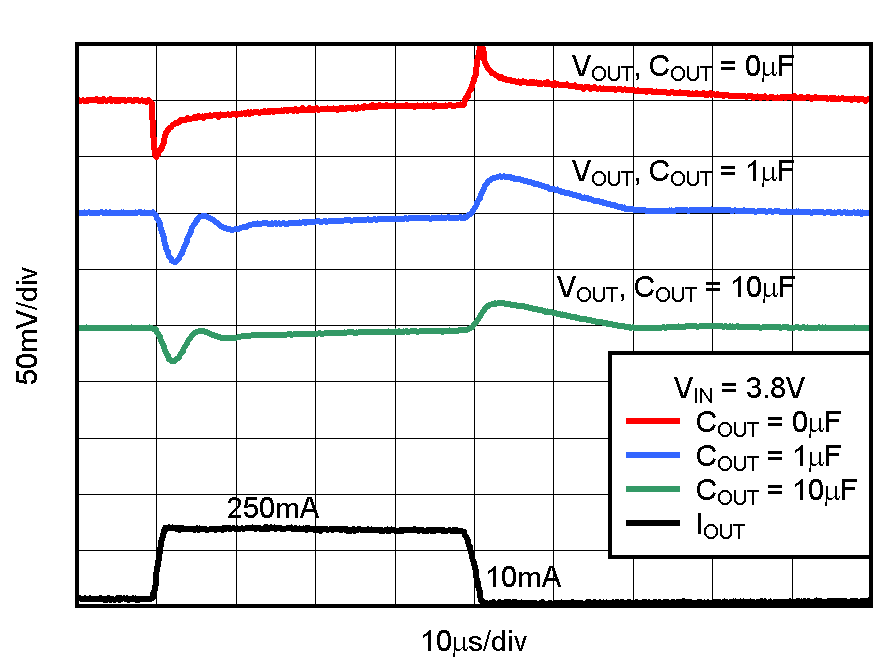
| New silicon, M3 suffix |
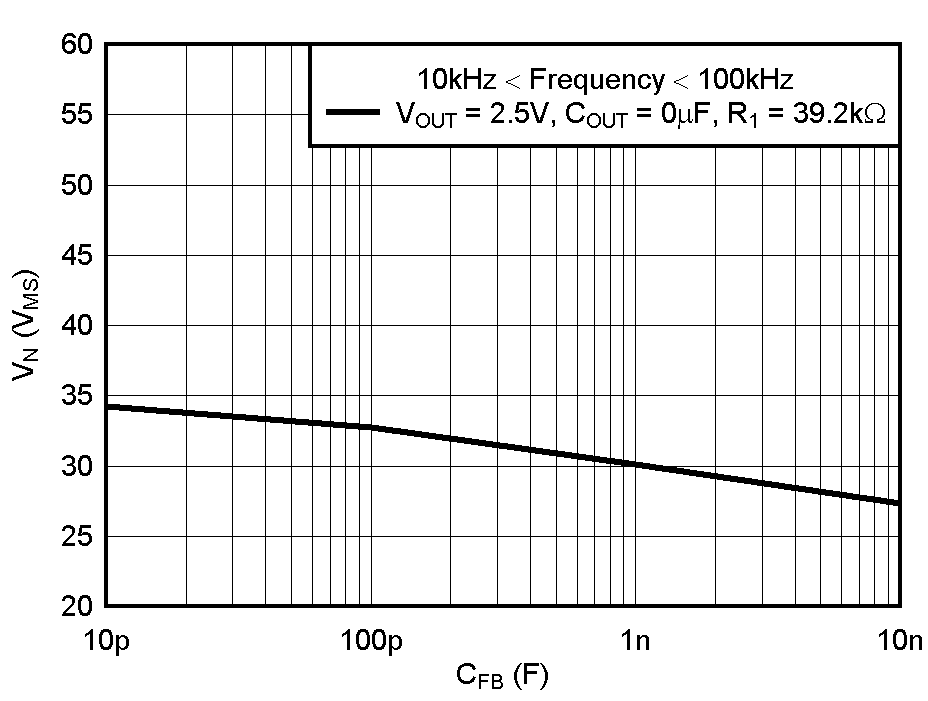
| New silicon, M3 suffix |
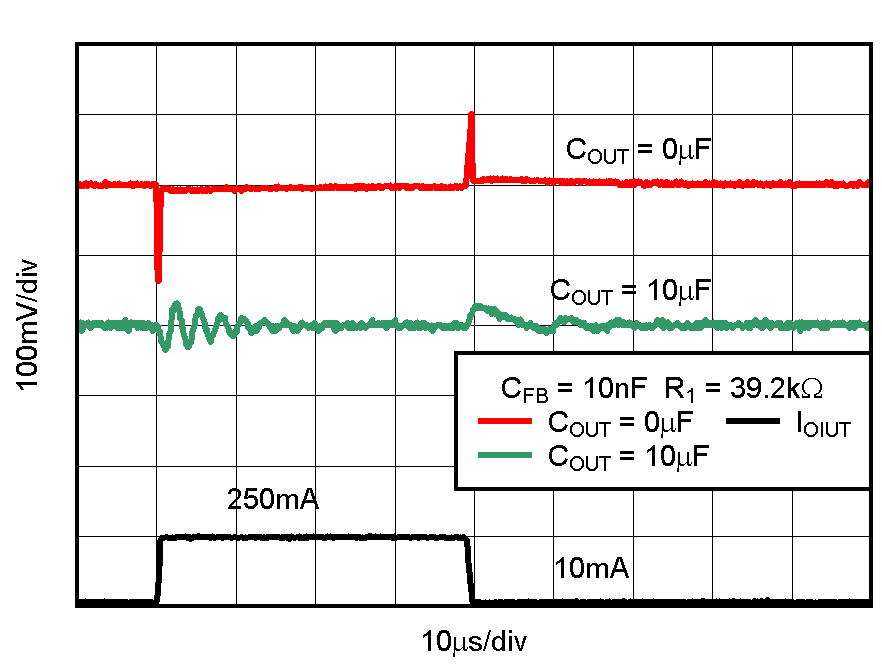
| New silicon, M3 suffix |